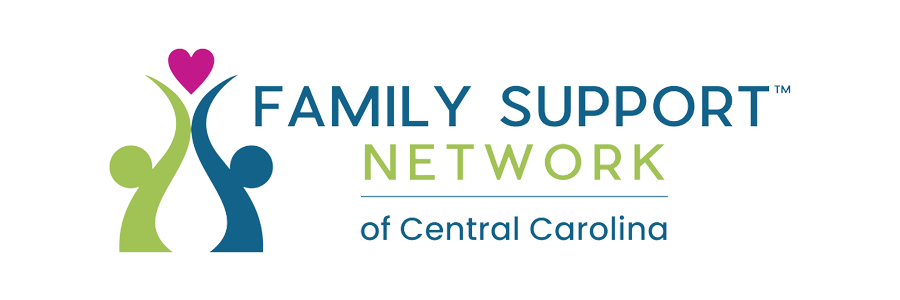Around 25 weeks gestation, we learned that Paisley would have Down Syndrome. Simultaneously, we discovered she had duodenal atresia, requiring surgery shortly after birth. Upon her arrival, additional challenges surfaced, leading to multiple surgeries during her NICU stay. At 30 weeks, pre-term labor began, and at 31 weeks, my water broke, prompting Paisley's rapid entrance into the world within about 15 minutes.
With our first daughter, we were no strangers to NICU life—a place that can be both scary and isolating, especially if you have other children or lack nearby support. Trying to manage emotions, family life, new mom life, NICU life, and everything else is difficult! The alternate side to the NICU is how amazing and attentive the staff is—everyone cares so much about your child, and you know they provide top-quality care!
Paisley was intubated for two weeks and again about one month after the initial extubation. She experienced multiple apnea (stopped breathing) and bradycardia (low heart rate) episodes during her entire stay. Due to the inconsistent breathing, she got a g-tube for feeding (she was never allowed to take a bottle because they felt it was too dangerous). This eventually led us to a sleep study where she was found to have severe obstructive sleep apnea, and we were told the only solution was a tracheostomy.
The decision for a tracheostomy was HEAVY! I researched and learned as much as possible quickly, and ultimately, we decided to pursue a tracheostomy. For Paisley, this was a life-saving and life-changing moment! She could breathe comfortably and didn't have to use all her energy to survive. She was able to thrive and grow from that moment on. Not saying trach life is easy! It is a bit of a rollercoaster, especially the first year!
She was vented 24/7 for about 2-3 months after she got her trach. Then, that transitioned to only nighttime venting for about 6-8 months. Finally, she was able to come off the vent! The trach comes with a lot of extras and plenty of learning. They have a checklist you have to complete with another caregiver; then you do a 24-hour stay with your child where nurses don't come in and assist because when you get home, you will be figuring it out yourself! You truly do become a pro in no time!
FSNCC was vital for us during our NICU journey! I remember my first activity with the FSNCC staff was making a Christmas ornament (Paisley was born in December). I cried and cried because it was so thoughtful of them to allow us to, as parents, feel some sense of normalcy and have that support.
We participated in many activities, gained a community, and enjoyed delicious food. I connected with a mentor via FSNCC through the early times in the NICU with a medically complex baby, which was so beneficial! Knowing you are not alone in this—no matter your support system (big or small). FSNCC staff is there every step of the way and can fill in the most needed empty areas!
The NICU journey is rough and long, whether one day, months, or years, but you have to keep hope that there is a light at the end of that very long, dark tunnel. The day you bring your bundle of joy home is absolutely the best day! When your little one is home, life is so different. Your baby can finally grow and thrive, and you can do things on your schedule again!
Keep holding tight on the rollercoaster, and know eventually, the crazy ride will be over, and you will have peace again! I had the opportunity to take the parent mentor class, and I am now a mentor for new parents! It has been beyond rewarding to provide hope, love, and encouragement and be that person who will listen without judgment. You and your little one will do great things!
Love,
Candace Smith
#Story of Strength


0 Comments